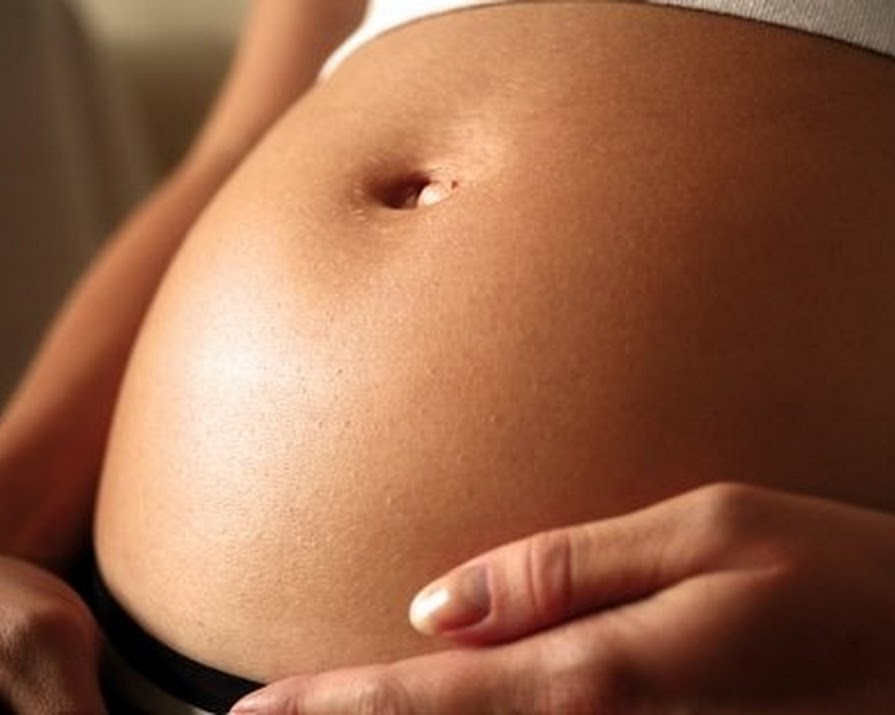
By IMAGE
23rd Mar 2016
23rd Mar 2016
A new study from Belgium just may help in our battle against postpartum depression, a mental health condition that can affect as many as one in five mothers after childbirth, and one that isn’t as widely discussed as it should be. By analysing the mood-related behaviours of women during their second and third trimesters, researchers were able to distinguish between those who would be more likely to become depressed after childbirth and those who would not. Now, more widespread studies are being conducted in America to help the women who experience this. By performing mental health screenings throughout the pregnancy and towards the end, before labour, those likely to suffer with PPD can get to treatment earlier, lessening the severity of it when they eventually come home from the hospital, newborn baby in tow. In our opinion, PPD is something that should certainly be addressed long before the baby is born, so that mothers are equipped with the necessary information and understanding of what’s happening, the tools and resources they need to come through it, rather than be hit with it, out of the blue, when there’s so many other changes at play. If women everywhere knew that a) it was a perfectly normal and incredibly common response to have and b) they would be able to come through it with the appropriate treatment, perhaps the fear and anxiety surrounding PPD would be significantly reduced.
According to Wreg.com, the United States Preventative Task Force recently recommended all women get screened, and that’s something we’d like to see standardised here in Ireland.
Speaking to Wreg, maternal mental health therapist Beth Shelton says: “We just expect that everything is going to be wonderful and perfect, and you’re going to love your baby and bring your baby home. It’s going to be delightful, and the rainbows and butterflies are going to run your house.”
Demonstrating that we need more resources worldwide to help women experiencing this, Shelton explains that “only about 15 percent of the women reach out for help. “There are other studies that say in areas higher poverty, and lower socioeconomic classes, the number can actually be one in four.” said Shelton.























